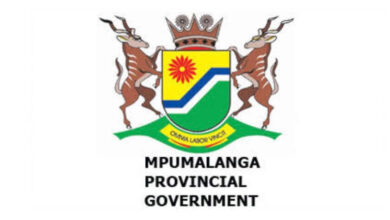10 Ways To Avoid Unecessary Bank Charges

Unfortunately, for most of us, there’s no such thing as ‘free banking’. But if you’re paying too much for what you’re getting, it’s always possible to make some cost-cutting changes.
1. Be aware of how much you’re currently paying
Work through your bank statements carefully and identify all charges. Understanding exactly where your money is going is the first step to make a sound cost-saving decision.
2. Make sure you’re using the best possible banking product for your life stage
Services aimed specifically at businesses, students, graduates or older people often offer lower fees and improved benefits, or you may be eligible for a discounted ‘package’ (such as a credit card along with a cheque account) where overall costs are reduced.
3. Compare your bank’s different cost structures
You may be able to choose between paying per transaction and paying a fixed monthly fee; your bank’s online fee calculator or pricing hotline will help you decide on the best option for you. On savings accounts, most banks offer the facility of either no service fees or a certain number of free transactions if you maintain a minimum predetermined balance.
4. Avoid going into the bank
It is vastly more cost-effective to use ATMs, Internet, cellphone or telephone banking services than visiting the traditional brick and mortar store.
5. Use your own bank’s ATM
You pay significant penalty fees for using another bank’s ATM. A convenient and less expensive alternative is to use your debit card to draw cash at a participating retailer’s till point while paying for your purchases from them.
6. Don’t use cheques
Transactions involving the physical handling of paper are more expensive – it’s safer and simpler, as well as cheaper, to make payments either online or by debit, credit or cheque card.
7. Pay by credit card wherever possible
Credit card transactions are completely free for the user, though you need to settle the balance in full by the due date each month to avoid interest charges.
8. Replace debit orders with internet payments
You’ll save on charges if you make your regular payments electronically directly to the supplier.
9. Compare charging structures at different banks
There are distinct variations in terms of price and value between what is offered by different banks. If you’re considering changing, inform your existing bank first and you may be able to negotiate lower charges there. Otherwise, switching banks is easier than you might think.
10. Consider using several banks simultaneously
You could get a higher interest rate for savings at one bank and pay lower fees for withdrawals from another.
Becoming pro-active in the area of bank charges – rather than just grumbling about them – can make a real difference to your financial well-being.





